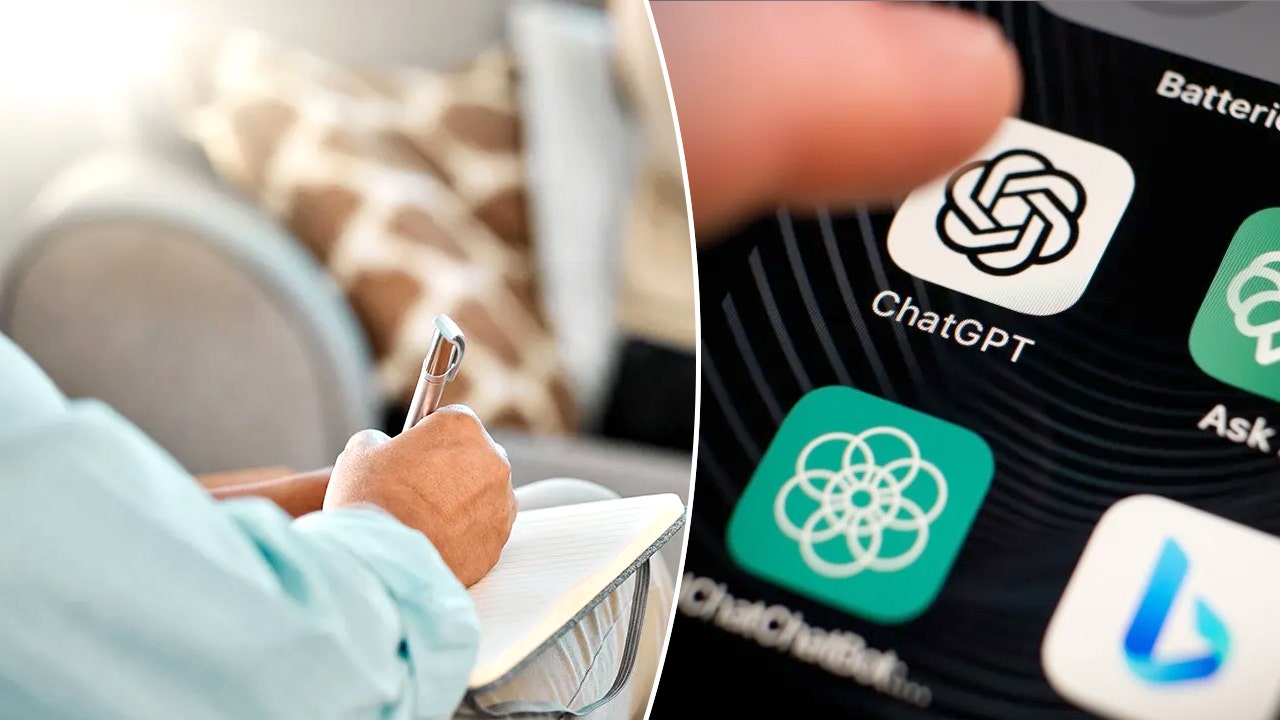OpenAI limits ChatGPT mental health advice with new safety restrictions

OpenAI Updates ChatGPT to Safeguard Mental Health Conversations
In a world where artificial intelligence is increasingly being used for various purposes, including mental health support, OpenAI has taken steps to enhance the safety of its ChatGPT tool. While AI chatbots like ChatGPT are convenient, free, and always available, they lack the ability to truly understand and address the complexities of real emotional distress.
To address concerns about the potential risks of using AI for mental health advice, OpenAI has implemented new safety measures for ChatGPT. These updates aim to restrict the chatbot’s responses to mental health-related queries to prevent users from becoming overly dependent and to encourage them to seek proper care. By limiting the chatbot’s ability to offer specific advice on deeply personal issues, OpenAI hopes to reduce the risk of harmful or misleading responses.
The company acknowledged instances where ChatGPT failed to recognize signs of delusion or emotional dependency, leading to concerning outcomes. In response, OpenAI is revising how it trains its models to reduce sycophancy and excessive agreement that could reinforce harmful beliefs.
Moving forward, ChatGPT will prompt users to take breaks during extended conversations and will focus on helping users reflect by asking questions and offering pros and cons, rather than pretending to be a therapist. OpenAI is also working with a group of mental health experts and researchers to refine its safeguards further and ensure that the chatbot can respond appropriately to signs of mental or emotional distress.
While ChatGPT can be a valuable tool for reflection and problem-solving, it is essential to recognize its limitations. In situations of crisis, it is crucial to seek help from a licensed therapist or a crisis hotline. Additionally, users should be mindful that their conversations with ChatGPT are not legally protected and should treat them as if they could be accessed by others.
OpenAI’s efforts to enhance the safety of interactions with ChatGPT are a step in the right direction. However, it is important to remember that AI chatbots cannot replace human connection, empathy, and expertise in the field of mental health. As technology continues to evolve, it will be essential for companies like OpenAI to prioritize user safety and well-being in the development of AI tools.
Do you believe AI should be used for mental health support? Share your thoughts with us at CyberGuy.com/Contact.
Copyright 2025 CyberGuy.com. All rights reserved.
Kurt “CyberGuy” Knutsson is a tech journalist and contributor for Fox News & FOX Business. For tech tips and exclusive deals, subscribe to Kurt’s free CyberGuy Newsletter at CyberGuy.com.




